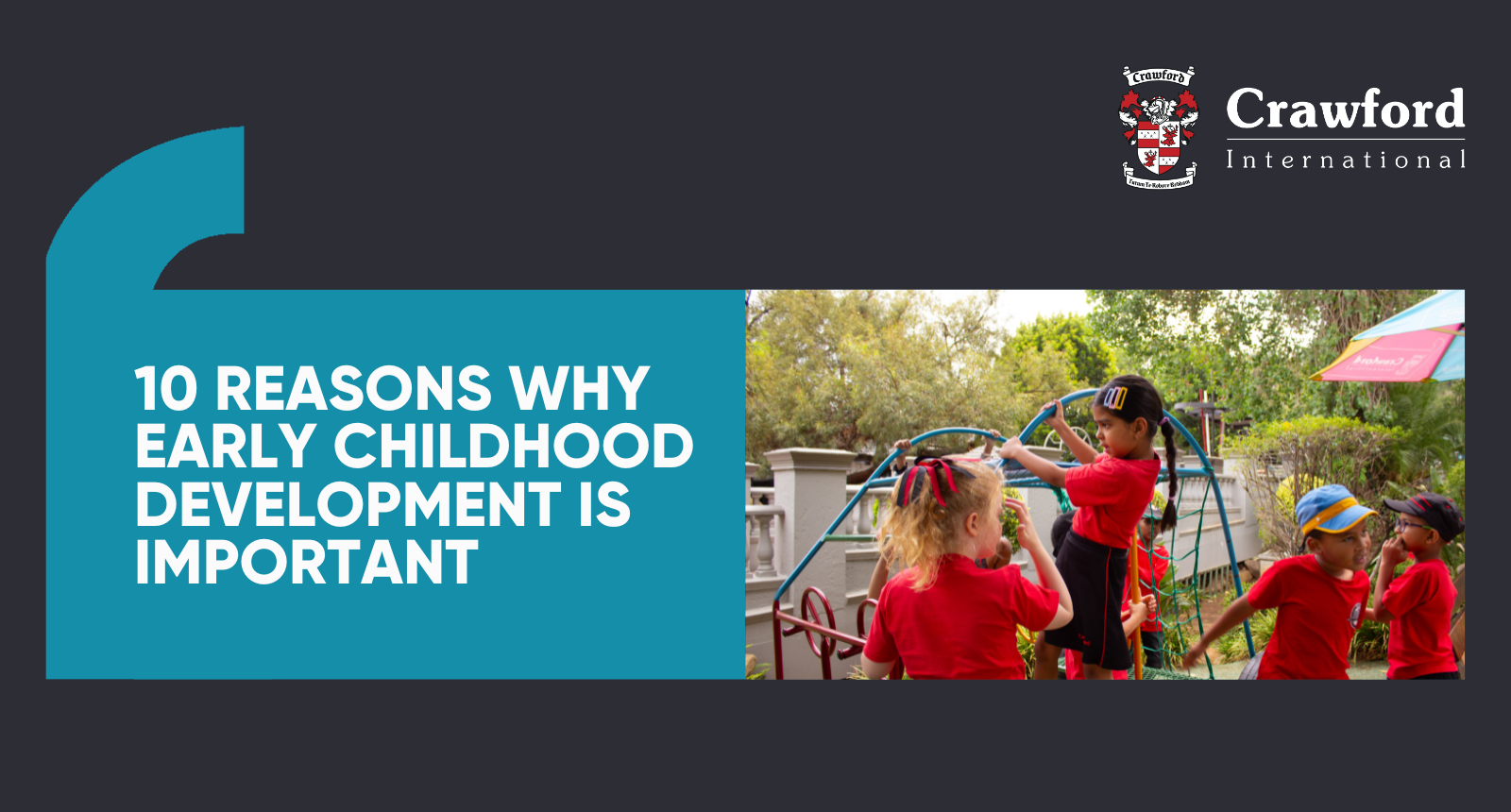


May 22, 2024
Client Experience Training at Crawford Schools
During the recent recess period, we facilitated a comprehensive Client Experience Training for all security, cleaning, and maintenance personnel across Crawford schools. This training is designed to enhance how we interact with our visitors, ensuring every guest on campus receives exceptional service.
Our goal is to have all client-facing staff embody the Crawford DNA, creating a consistently positive and welcoming experience. By focusing on these core values, we aim to reflect our commitment to excellence and care, making every visitor feel valued and supported throughout their time with us.
25 CANDLES FOR CRAWFORD INTERNATIONAL LONEHILL
On Saturday, 4th of May, the Crawford Lonehill community gathered to celebrate the schools’ Silver Jubilee with a grand event on the College fields. This occasion brought together staff, families, students, alumni, and founding staff members for a day filled with festivities.
The campus began in 1999 with just 49 teachers, two principals, and 460 students. Today Crawford International Lonehill has grown into a thriving educational institution with 150 staff members and more than 1,300 students. This dedicated team laid the groundwork for the successful Crawford Lonehill schools we know today, proudly situated in the heart of Lonehill. From its inception, Crawford Lonehill made a significant impact, leading the way in academics, sports, service, and cultural activities within the broader community.
Crawford International Lonehill was established on the site of the former Lonehill Country Club. The original clubhouse became the administrative building for the Pre-Primary, Preparatory, and College phases. The Preparatory School soon relocated to the former Lonehill Golf Course site on Sceales Road, while the Pre-Primary School remained alongside the College until its new home was built on Cheyney Road in 2017.
The Silver Jubilee celebrations included, a picnic-style setting with various vendors, a creative corner for the little ones, who delighted in the face painting, canvas painting and the ‘slime’ table. Dance performances by Dance Mouse kept the guests jubilant, entertainment from Little Kickers, performances from our talented students and staff in a musical and dance showcase. A surprise visit from Minion, Sonic and Bluey was a fun experience that stunned the audience. One of the highly anticipated acts of the day was a breathtaking view of Lonehill from the REMAX Masters hot air balloon, tethered to the ground.
Crawford International Lonehill is excited about the continued growth within the community.
Here's to the next 25 years of excellence, innovation, and community at Crawford International Lonehill!
Principals of Crawford International Lonehill Mr Gordon Ewen (Preparatory); Mr Reinhard de Klerk (College) and Mrs Caroline Miller (Pre-Primary).
Two Pre-primary children observing the wonder Remax Masters Hot air balloon, a highlight of the event.
Photo of the picnic and musical showcase event.
Grade 0000 student Jude Thomson enjoying her time with Bluey and Minion.
Mr Sachin Maslekar , Mrs Maslekar , Sanika Maslekar and Amulya Thadepally.
Mrs Kalina Chimenello , Sofia Chimenello , Mr Davide Chimenello, Mikele Chimenello, Anita Felbrich-Smit, Akani Shirinda, Nicolas Smit.
College staff Tandee Coppin; Ameeth Dheoraj; Reinhard de Klerk; Tamara Nel; Bronwen Kemp and Veena Moodley.


